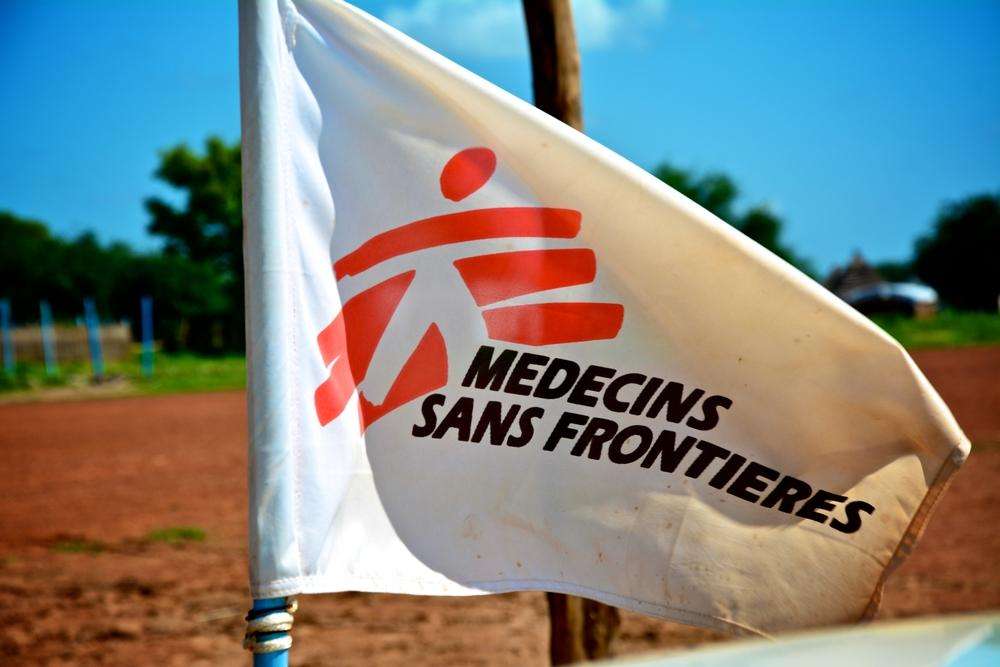Chemo Group to receive government reward for registering existing medicine
NEW YORK, AUGUST 31, 2017—Pharmaceutical company Chemo Group announced today that it will make a drug to treat the neglected tropical disease Chagas available to people in the United States. The U.S. Food and Drug Administration’s (FDA) approval of the drug, benznidazole, means that Chagas pediatric patients in the U.S. could receive access to a therapy that Doctors Without Borders/Médecins Sans Frontières (MSF) has been using for decades to treat people living with Chagas across Latin America. Though Chagas affects an estimated 300,000 people in the U.S., the treatment was previously only available through the Centers for Disease Control and Prevention and was not FDA approved.
“The registration and availability of this medicine in the United States is a positive step for children affected by Chagas in the U.S.” said Julien Potet, NTD policy advisor for MSF’s Access Campaign. “Without treatment, many Chagas patients are at risk of dying from complications of the disease, and few patients in the U.S. are currently diagnosed and treated for this disease.”
The FDA also announced that Chemo will receive a lucrative Priority Review Voucher (PRV) for registering benznidazole even though the drug has been used to treat Chagas in adults in Latin America for more than 40 years. Additionally, benznidazole has been granted an orphan product designation, making it eligible for additional government incentives and market exclusivity.
Despite representing more than a tenth of the global disease burden, barely four percent of new treatments and vaccines developed overall in the last decade were for neglected diseases. The PRV program for neglected diseases awards companies a voucher, which they can use or sell, to accelerate FDA review of a drug or vaccine that would not normally qualify for faster review. While this program was designed to encourage the development of new medicines and vaccines for people living with some of the world’s most neglected diseases, it has, so far, failed to spur the creation of any treatments that are both new and affordable due to loopholes in the existing law.
According to the terms of the collaboration between Chemo, Mundo Sano and the Drugs for Neglected Diseases initiative (DNDi), a substantial part of any revenue derived from the future sale of the PRV will be directed towards enhancing access to treatment for Chagas patients and improving patient health in other disease areas. Chemo should also describe how they intend to make the product available and affordable to patients in the U.S. and globally.
“It’s good news that Chemo has made a commitment to promote access to the drug,” Potet said. “However, medical providers and patients shouldn’t have to rely on the goodwill of companies to afford their medicines, especially when these companies are receiving a publicly resourced incentive. Committing to affordable access and fulfilling their commitments is a minimal ask that all companies seeking a PRV should be able to meet. We have seen before how other companies have abused the PRV program for neglected diseases without any benefit for patients."
If the PRV program worked properly, innovators would be rewarded for bringing forth new medicines and vaccines, and people affected by neglected diseases would benefit from urgently needed new treatments and vaccines. Instead, under this flawed program, pharmaceutical companies can gain rewards without creating new and affordable products. Companies have sold their vouchers to other drug developers for up to $350 million.
"The fact that a company can receive an innovation award for registering a medicine that has been used to treat Chagas for years shows how far removed we are from the original intent of this program,” said Jennifer Reid, advocacy and research officer at MSF. “People suffering from Chagas and other neglected diseases still desperately need innovation and new research to save their lives and improve treatment and prevention options. They should be able to use and afford these medicines no matter where they live. Before a company can receive this prize, U.S. Congress should mandate that only new medicines receive a PRV and that companies ensure access and affordability for all patients.”
Unfortunately, the PRV program has failed to deliver for NTD patients for years. For example, in 2014, Knight Therapeutics was awarded a PRV for miltefosine, an old kala azar treatment that Knight neither developed nor manufactured, and which MSF and others struggled to access at an affordable price. After receiving this PRV, Knight sold the voucher to another company for $125 million. Additionally, Johnson & Johnson/Janssen was awarded a PRV in 2012 for a TB drug, bedaquiline, but has failed to register this drug in many high-burden TB countries that need it most.
As an organization treating people suffering from some of the world’s most neglected diseases—which affect more than one billion people globally—MSF sees every day the critical need for new medicines and vaccines for its patients, including those living with Chagas disease. From 1999 to 2016, MSF has diagnosed and treated more than 9,000 Chagas patients across Latin American, including Honduras, Nicaragua, Guatemala, Paraguay, Brazil, Colombia, Mexico, and Bolivia.
U.S. registration of benznidazole comes just a few months after a new study found that more than one percent of Latin American-born residents of Los Angeles tested positive for this disease.




